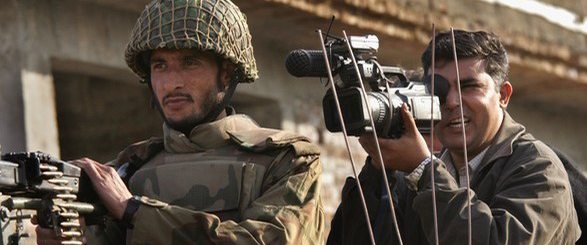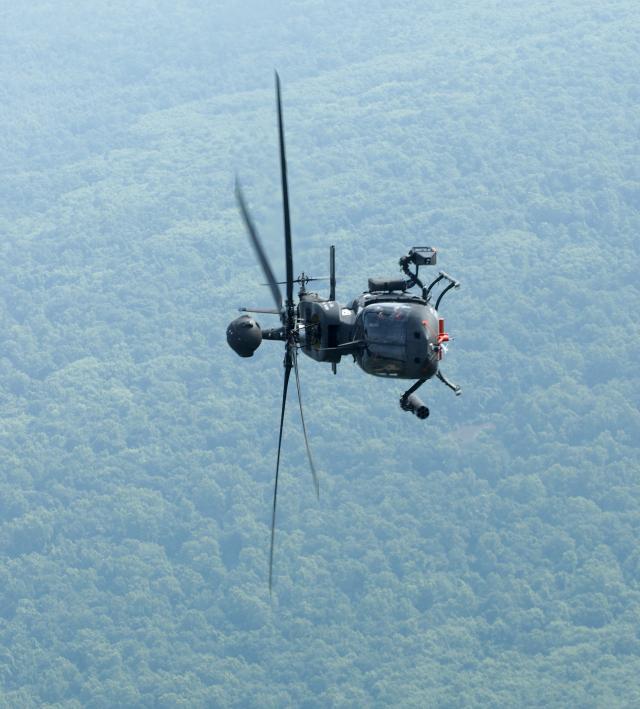Pakistan’s military on Saturday rejected as “baseless” stories in the New York Times accusing it of colluding with militant groups and Pakistani intelligence services of approving a journalist’s killing.
A statement quoting spokesman Major General Athar Abbas said the general “rejected the allegations levelled against the Army and ISI, and described them as baseless and mischievous”.
Abbas drew parallels between these stories and the newspaper’s reporting in the run-up to the Iraq war, some of which it later retracted.
“In recent weeks the NYT has continued to publish wild claims presented as news stories on the basis of information supposedly provided by unnamed US officials,” he said in the statement.
“If the paper continues with its vilifying campaign without any concrete evidence, I am afraid at some point it may end up expressing its deep regret the way it did in the case of its Iraq coverage,” he said.
On Monday the New York Times reported that US officials believed Pakistan’s powerful Inter-Services Intelligence (ISI) was behind the killing of a journalist who reported that Islamist rebels had infiltrated the military.
The newspaper quoted two senior officials as saying that intelligence showed that senior members of the ISI ordered the killing of Saleem Shahzad, 40, to muzzle criticism.
Top US military officer Admiral Mike Mullen later echoed that report, saying Islamabad may have sanctioned Shahzad’s killing.
An ISI official said last week that Shahzad’s “unfortunate and tragic” death was a “source of concern for the entire nation” but “should not be used to target and malign the country’s security agencies”.
In another report Monday, the New York Times said the Pakistani military continued to support a variety of militant groups as part of a strategy of using proxies against its neighbours and US forces in Afghanistan.
Citing an unnamed former prominent militant commander, the newspaper said that this man’s group was supported by the Pakistani military for 15 years.
The commander was quoted as saying that militant groups such as Lashkar-e-Taiba — blamed for the 2008 Mumbai attacks, which killed 165 people — were run by religious leaders, with the Pakistani military providing training, strategic planning and protection.
Pakistan has assured the United States it has ceased supporting militant groups on its territory, and Washington has given Islamabad more than $20 billion in aid over the past decade for its help with counterterrorism operations, the paper noted.
Another US newspaper, the Washington Post, said Wednesday the architect of Pakistan’s nuclear weapons programme claimed that North Korea paid bribes to senior Pakistani military officials in return for nuclear secrets in the 1990s.
Pakistan’s foreign office dismissed the claims as “baseless”.
The two uneasy allies have been increasingly divided since the US commando raid in May that killed Al-Qaeda chief Osama bin Laden in a compound near Islamabad, where he had been living for years.











